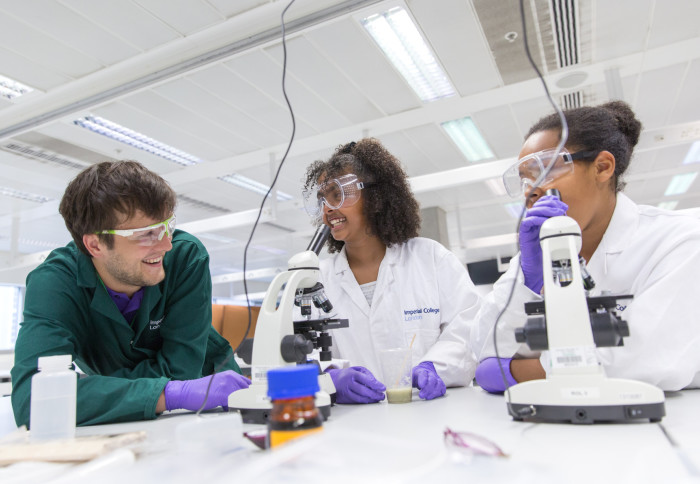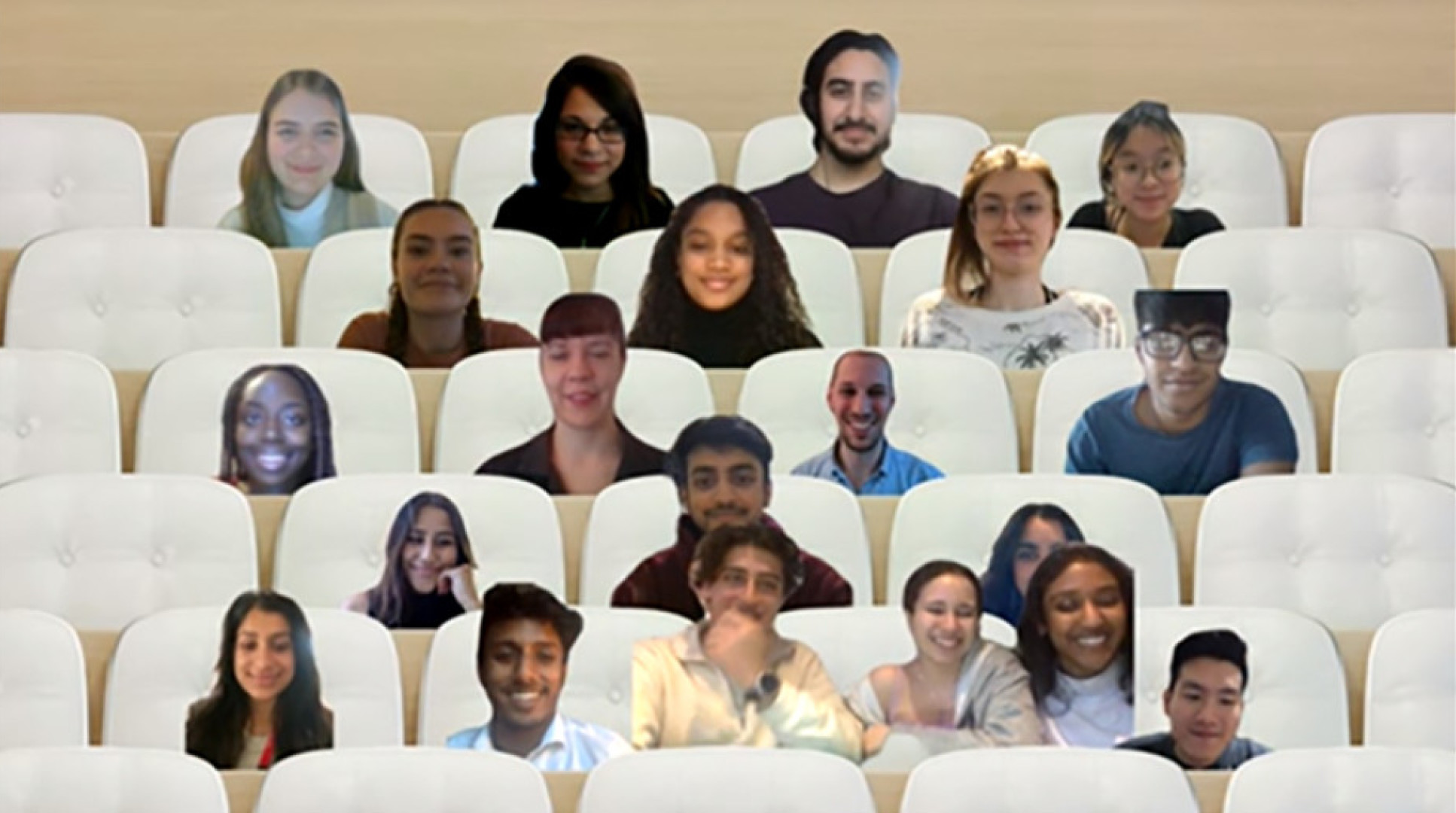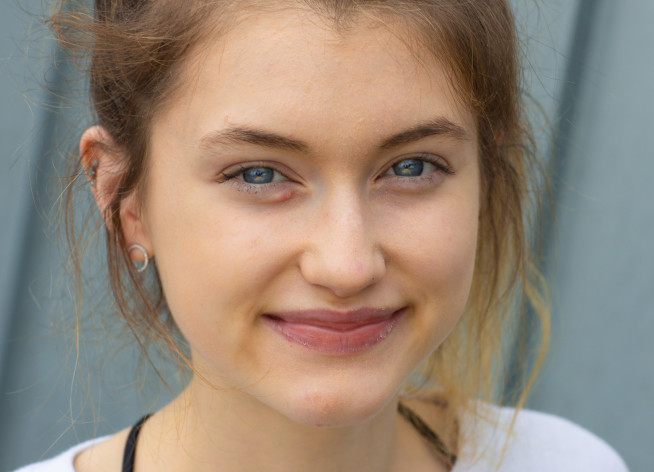Imperial students design and deliver STEMM sessions for local school pupils
by Ellyw Evans

Imperial has developed its first ever module for undergraduate students on social accountability in action, as part of the I-Explore programme.
A group of Imperial undergraduates are the first intake of students to take part in an innovative new module on social accountability which saw them work in partnership with three local secondary schools in Hammersmith and Fulham.
It has been rewarding to see our students flourish and apply creative solutions, developing innovative resources and session plans Bethany Golding
Earlier this year, 21 second-year MBBS Medicine and BSc Medical Biosciences students had the opportunity to work with Fulham Cross Academy, Phoenix Academy and Hammersmith Academy, to design and deliver Science, Technology, Engineering, Maths and Medicine (STEMM) based after-school sessions for pupils. They also created novel teaching resources on STEMM topics which they handed over to the teachers for use with their pupils.
This year the sessions focused on the COVID-19 vaccine, and the students led engaging, interactive sessions with the school pupils to explore key issues such as the science behind COVID-19 and how vaccine hesitancy could be addressed.
Giving back to the community
This partnership is part of a new course for Imperial students called I-Explore Social Accountability in Action. The course was developed by Bethany Golding, Dr Joshua Gaon and Dr Arti Maini, working in the Medical Education Innovation and Research Centre (MEdIC) and Undergraduate Primary Care Education led by Dr Sonia Kumar. The project also had input from Imperial StudentShapers, Hammersmith and Fulham Council and local schools and communities.
This module is one of several innovative educational projects the MEdIC team are leading where students learn through community collaboration and service, enabling them to give back to local communities.
Bethany Golding, I-Explore course lead, said: "The module was very much about being socially accountable in practice and ensuring that medical students and medical biosciences students have the opportunity to work with local communities in a strength-based way.
"It has been rewarding to see our students flourish and apply creative solutions, developing innovative resources and session plans. We're very excited about building on this for future courses."

Glowing feedback
The pandemic meant that the Imperial students undertook the module remotely through a Microsoft Teams platform where the students could interact with each other, with the tutors and with online materials. The course leads also worked closely with the schools to ensure that the students could deliver their STEMM sessions virtually to school pupils.
Discussing the response to the course, Dr Josh Gaon said: "The course received glowing feedback from students, school teachers and pupils alike.
"The school pupils gained valuable insights into highly topical STEMM topics such as the COVID-19 vaccine and were inspired to learn more about STEMM topics and careers through their conversations with the Imperial students. The students in turn learned how to work inclusively with communities, gaining skills in science communication, deepening their own knowledge of cutting edge science and reflecting on their future roles in society."
The Director of Education for the London Borough of Hammersmith and Fulham commented that the project was 'one of the best I’ve seen in thirty years of working in education'.
Long-last solutions

Reflecting on taking part in the course, Lauren Wheeler, a second-year Medical Biosciences student, said:
“For me, a key takeaway from participating in the social accountability in action module relates to the end goal. I was particularly struck by a video we watched during the first session about the dangers of ‘parachuting’ in to offer one-off solutions, rather than working with communities to integrate a solution into pre-existing structures and societal norms.
"By respecting different cultures and using this to inform our actions, we can work in harmony with the people we hope to help and develop long-lasting solutions which can be sustained by those who benefit from them most.”
Article text (excluding photos or graphics) © Imperial College London.
Photos and graphics subject to third party copyright used with permission or © Imperial College London.
Reporter
Ellyw Evans
Faculty of Medicine Centre